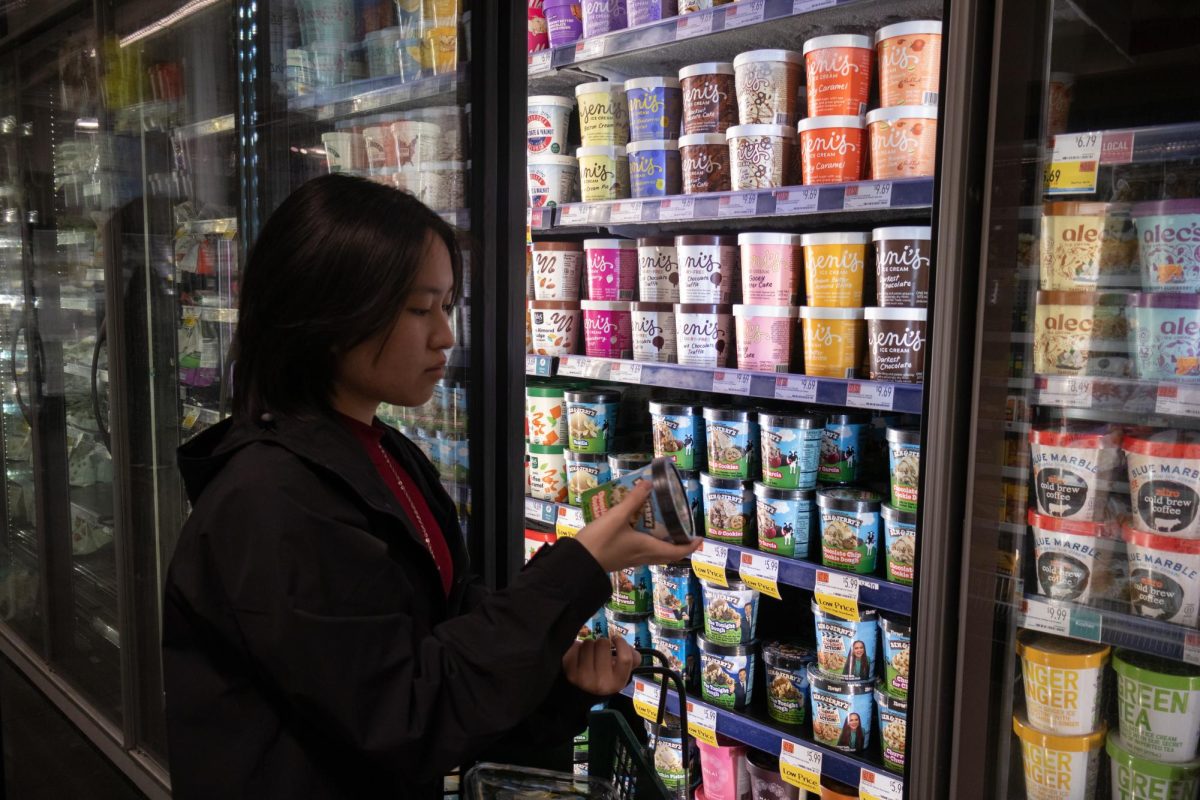A Financial Briefing by Baruch College’s Investment Management Group
The consumer and retail market have been a center of attention in recent weeks with the ongoing coronavirus outbreak, economic updates and major companies reporting or set to report quarterly earnings results.
Consumer companies are the most likely to be affected by rising U.S. wages. Wages will grow at a rate of 3.5% this year, putting additional pressure on companies that employ lower-wage workers, according to Goldman Sachs. Average hourly earnings rose 3.1% in January of this year, compared with January 2019, according to the Bureau of Labor Statistics.
In an economy that is consumer-focused, anything that will impact the consumer market will inevitably affect other sectors as well.
Industries such as homebuilders and discount retailers benefit from low interest rates and the ability to pass on higher prices to their customers.
However, other industries within the sector, such as restaurants and department stores, have high fixed-costs and very small margins, causing investors and analysts to shift their focus from those companies.
Department stores have been hit especially hard by the poor performance of clothing stores as a whole. Overall, clothing store sales fell 3.1% in January, the largest decline since March 2009, according to the Commerce Department, while overall core retail sales were unchanged.
On the consumer discretionary side, which deals with companies that focus on non-essential goods and services such as restaurants, apparel, luxury goods, casinos, hotels and gaming, expectations that spending on these items will continue to rise have helped make stocks within this sector the most expensive in the S&P 500.
The consumer discretionary sector now trades at a forward price-to-earnings ratio of 24.2, well ahead of the 23.7 ratio of the technology sector, a historically highly-valued sector.
Higher prices for consumer discretionary stocks come at a time when the S&P 500 is trading at a forward P/E of 18.9, its most expensive valuation since 2002.
These high expectations will be tested in the upcoming weeks, as companies such as Macy’s Inc., Marriott International Inc. and Caesar’s Entertainment Corp. report fourth quarter earnings. This will give investors a broad look at where consumers are choosing to spend their money, and if there are any signs of a slowdown due to the coronavirus.
Sellers of Amazon.com Inc., which makes up approximately 26% of the discretionary sector, are preparing for possible product shortages caused by the virus spreading among many Chinese workers.
Overall, consumer discretionary companies are expected to increase earnings by an average of 7.2% in 2020, which is behind the projected gains in sectors such as energy, healthcare and technology. For the year to date, the sector is up 6.2%, while the S&P 500 is up 3.8%.
Shifting over to the consumer staples side, which deals with companies that focus on essential and affordable products such as food, beverages, household goods, hygiene products, alcohol and tobacco — several major companies gave updates on earnings results.
Walmart Inc., a major discount retailer, reported fiscal fourth-quarter earnings earlier this month that fell short of analysts’ estimates, as the retailer saw weak demand for toys, apparel and video games during the holiday season.
Slower e-commerce growth, a major driver of growth for the company, will put them well behind Amazon, who they are directly competing with them in that space.
As for the effect of coronavirus on forecasts, the company’s forecast for the upcoming year does not include any impact from it, though there is a strong chance of negative impact in the first and second quarters of their next fiscal year.
Other major retailers like Target Corp. and Kohl’s Corp. also felt the impact of the holiday season, with a decline in toy and apparel sales.
Amazon, however, reported holiday-quarter earnings that smashed expectations, claiming customers shopped at record levels and that it quadrupled one-day and same-day deliveries over the period.
Coca-Cola Company also stated that the coronavirus outbreak will likely cause a decline in their upcoming first quarter earnings, as China accounts for approximately 10% of the company’s global volume.
The consumer staples sector is up 2.7% year-to-date, lower than the S&P 500’s 3.8% year-to-date return.







